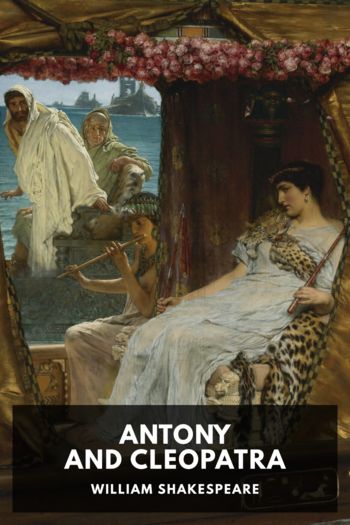Julius Caesar by William Shakespeare (good english books to read .txt) 📕

- Author: William Shakespeare
Book online «Julius Caesar by William Shakespeare (good english books to read .txt) 📕». Author William Shakespeare
Description
After defeating enemies in battle, Roman citizens celebrate in the streets as Julius Caesar and his entourage make their way through the city. As Caesar passes a soothsayer, he receives an ominous warning: “Beware the ides of March,” which he immediately disregards. Meanwhile, some of his closest followers are convinced their leader has become too powerful and plot his removal. Plutarch’s Lives of the Noble Grecians and Romans was Shakespeare’s primary source for Julius Caesar.
This Standard Ebooks production is based on William George Clark and William Aldis Wright’s 1887 Victoria edition, which is taken from the Globe edition.
Free e-book «Julius Caesar by William Shakespeare (good english books to read .txt) 📕» - read online now
Similar e-books:





Comments (0)